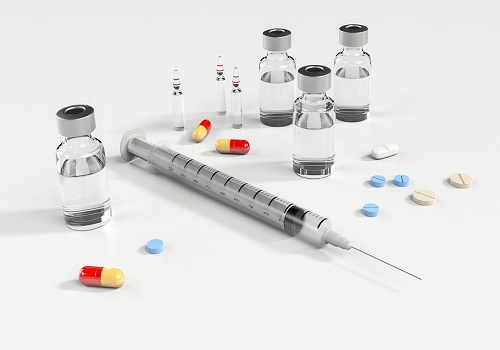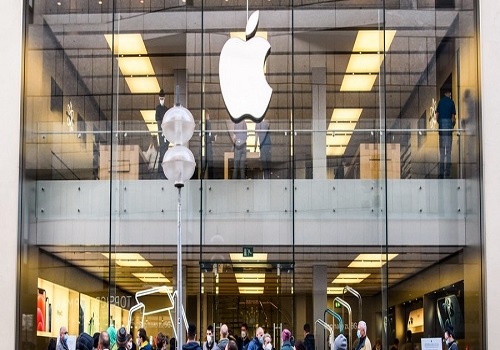New spray coating may shield surfaces from Covid viruses, bacteria

Follow us Now on Telegram ! Get daily 10 - 12 important updates on Business, Finance and Investment. Join our Telegram Channel
A first-of-its-kind sprayable coating that can prevent the surface spread of infection from bacteria and viruses -- including Covid-19 -- over a sustained period has been developed by a team of Australian researchers.
The coating provides a reliable alternative to standard disinfectants, which are becoming less effective and require regular reapplication, and is the only permanent surface layer proven to protect surfaces from contamination by viruses.
It is safer than existing alternatives to disinfectant, with no harmful side effects and more stable potency, said the team from the universities of Sydney and Melbourne.
It could be applied to surfaces in public settings such as lift buttons, stair rails, surfaces in hospitals, nursing homes, schools and restaurants, to prevent the spread of common viruses and bacteria.
Described in the journal Advanced Science, the spray works two ways: repelling viruses and bacteria through an air-filled barrier, and killing pathogens through microscopic materials if the layer becomes damaged or submerged for extended periods. The spray uses a combination of plastics strong enough to be considered an alternative to bullet-proof glass.
The spread of viral and bacterial pathogens through contact with surfaces is a leading cause of infection worldwide. Surface contamination also plays a major role in the evolution of antibiotic-resistant bacterial strains, said Professor David Nisbet, from Melbourne University's Graeme Clark Institute.
"Without a barrier, viruses such as coronaviruses can stay on surfaces and remain infectious for up to a week. Other viruses such as reoviruses, which can cause colds or diarrhoea, for instance, can remain on surfaces for several weeks, causing large outbreaks in health and aged care facilities," added Sydney University's School of Biomedical Engineering Professor Antonio Tricoli.
"Like a lotus leaf, the surface spray creates a coating that repels water. Because the pathogens like to be in water, they remain trapped in the droplets and the surface is protected from contamination. If this mechanism fails, a secondary burst of ions is triggered by carefully designed nanomaterials dispersed in the coating," Tricoli said.
The team tested the mechanical stability and surface energy of the coating. They also tested its ability to resist contamination from bacteria and viruses by subjecting it to high concentrations of both.
The samples were submerged for extended periods of time and the sprayed surfaces were deliberately damaged to test the spray's resilience against their contamination.
For the study, the team tested metal surfaces. In the past, the spray was successfully applied to any surface, for example, blotting paper, plastic, bricks, tiles, glass and metal.
"The coating successfully prevented up to 99.85 per cent and 99.94 per cent of the bacteria strain growth. We also saw an 11-fold reduction in virus contamination," the researchers said.












 320-x-100_uti_gold.jpg" alt="Advertisement">
320-x-100_uti_gold.jpg" alt="Advertisement">












